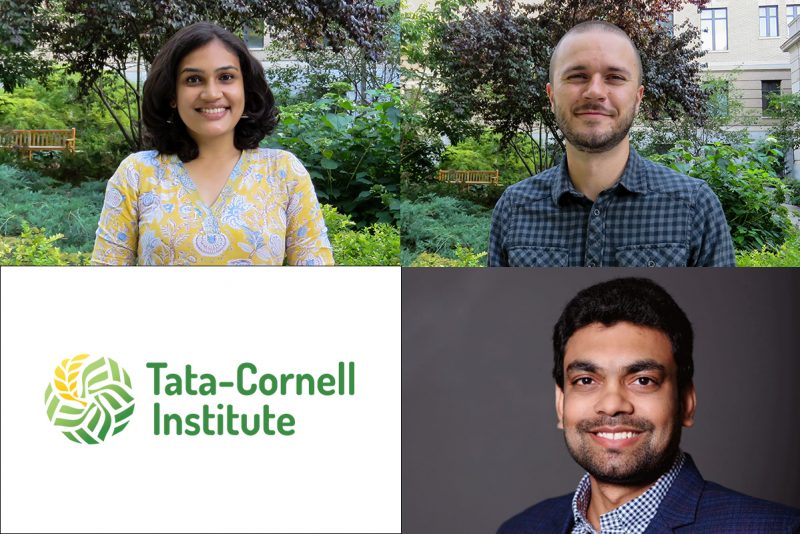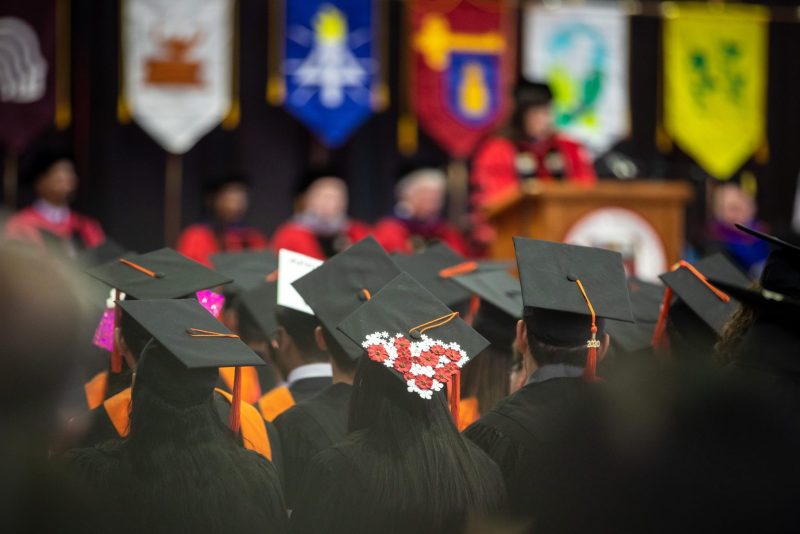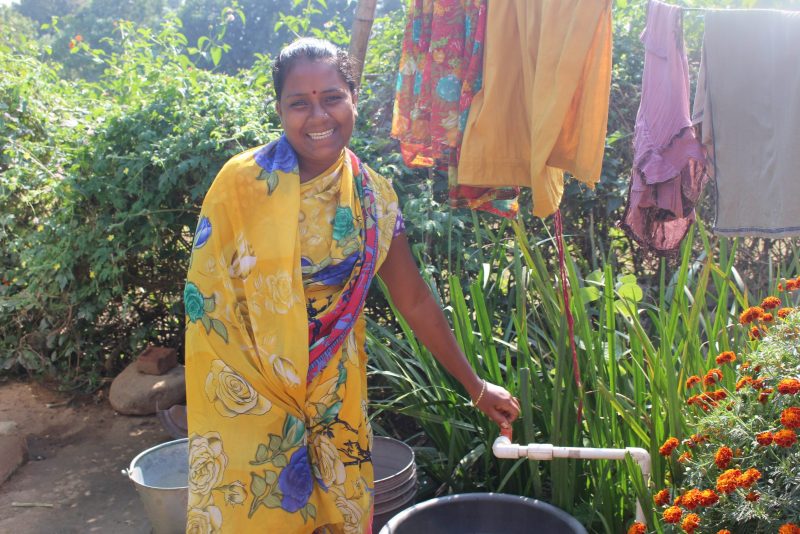Two new team members
This week we welcomed two new researchers to the TCi team with the appointment of Monroe Weber-Shirk as a faculty fellow and Tanvi Rao as a TCi Scholar. Meet more of our researchers here.
 Monroe Weber-Shirk was awarded a TCi Faculty Fellowship as a result of his current and proposed work to continue developing robust, sustainable municipal drinking water treatment technologies. Dr. Weber-Shirk received his Ph.D. in environmental engineering from Cornell University in 1992. His experiences working in Salvadoran refugee camps in Honduras helped shape his interest in sustainable technologies for safe drinking water. In 2005, he founded the AguaClara program to address the need for sustainable municipal scale water treatment in resource poor communities. His investigations of the widespread failure of automated and mechanized water treatment plants have provided the impetus to develop a new approach to solve this global infrastructure problem. He has guided the AguaClara team to invent a series of technologies that together make it possible to produce safe drinking water without the use of electricity. The program also engages students to conduct research and create a free online water treatment plant design tool. Dr. Weber-Shirk guides students using a combination of peer-based, project-based, and lecture formats. He also works to empower partner organizations that in turn empower communities to build, operate and sustain their AguaClara water treatment plants. We look forward to working with Dr. Weber-Shirk on research and development of scalable, safe drinking water facilities in India.
Monroe Weber-Shirk was awarded a TCi Faculty Fellowship as a result of his current and proposed work to continue developing robust, sustainable municipal drinking water treatment technologies. Dr. Weber-Shirk received his Ph.D. in environmental engineering from Cornell University in 1992. His experiences working in Salvadoran refugee camps in Honduras helped shape his interest in sustainable technologies for safe drinking water. In 2005, he founded the AguaClara program to address the need for sustainable municipal scale water treatment in resource poor communities. His investigations of the widespread failure of automated and mechanized water treatment plants have provided the impetus to develop a new approach to solve this global infrastructure problem. He has guided the AguaClara team to invent a series of technologies that together make it possible to produce safe drinking water without the use of electricity. The program also engages students to conduct research and create a free online water treatment plant design tool. Dr. Weber-Shirk guides students using a combination of peer-based, project-based, and lecture formats. He also works to empower partner organizations that in turn empower communities to build, operate and sustain their AguaClara water treatment plants. We look forward to working with Dr. Weber-Shirk on research and development of scalable, safe drinking water facilities in India.
 Tanvi Rao is a third-year Ph.D. student at Cornell University, at the Charles H. Dyson School of Applied Economics and Management. Her primary research interests are development economics and applied econometrics. For her dissertation and as a TCi Scholar, she will study the preferences and expectations of Indian rural youth regarding their perceived job opportunities, acquired skills and education, and eventual work choices. Ultimately, she hopes to understand what these perceptions and eventual job choices mean for agrarian policy and the overall rural economy. An important component of her field work in India will include collecting subjective data from young men and women between the ages of 15-25 about the returns and costs they believe to be associated with different occupational choices, and their perceptions about their own unique potential and ability. She believes that such data contains important informational content which can be crucial in understanding the constrained choices that people make in a developing country context. Prior to coming to Cornell, Tanvi obtained a bachelors degree in economics from Delhi’s Shri Ram College of Commerce; she considers her part-time work experience with different urban and rural NGOs in the country to have been an essential part of her education.
Tanvi Rao is a third-year Ph.D. student at Cornell University, at the Charles H. Dyson School of Applied Economics and Management. Her primary research interests are development economics and applied econometrics. For her dissertation and as a TCi Scholar, she will study the preferences and expectations of Indian rural youth regarding their perceived job opportunities, acquired skills and education, and eventual work choices. Ultimately, she hopes to understand what these perceptions and eventual job choices mean for agrarian policy and the overall rural economy. An important component of her field work in India will include collecting subjective data from young men and women between the ages of 15-25 about the returns and costs they believe to be associated with different occupational choices, and their perceptions about their own unique potential and ability. She believes that such data contains important informational content which can be crucial in understanding the constrained choices that people make in a developing country context. Prior to coming to Cornell, Tanvi obtained a bachelors degree in economics from Delhi’s Shri Ram College of Commerce; she considers her part-time work experience with different urban and rural NGOs in the country to have been an essential part of her education.





